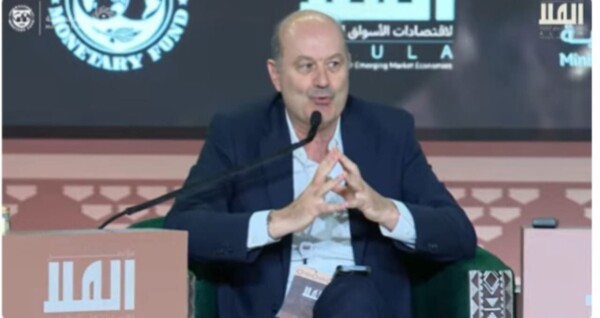
The Chamber of Deputies concluded its extraordinary session period with a positive balance compared to previous years. While the Senate has scheduled a single session for February 20, the lower house will not be able to meet again due to regulatory restrictions. According to the regulations, the signing of the dictums must take place at least ten days before the closing of the extraordinary sessions.
The president of the Chamber of Deputies, Martín Menem, explained that if another project had been wanted to be voted on before February 21, such as the Bankruptcy Law, the opinion would have had to be signed by February 11 at the latest. The outcome of the extraordinary sessions was satisfactory for the government, with two sessions and four bills passed out of five that were introduced.
The first approved project was the Electoral Strengthening Law, which suspended the PASO elections this year. 129 votes were needed, and 162 were obtained. With this reform, parties will have more time to sort out internal matters and define lists without citizen participation. Besides fiscal and calendar reasons, the reform benefits President Milei in the preparation of lists.
In the session on February 6, the government stood out by obtaining the support of several opposition blocs, especially Union for the Homeland. The lack of leadership in Peronism was evident with the fragmentation of the opposition bloc. The Clean Slate Law, which seeks to prevent the candidacies of persons convicted of corruption, faced opposition from dialoguing parties.
Although the vote in the Senate does not look promising for the Government, La Libertad Avanza, despite being a minority, continues to influence parliament. The government seeks to consolidate alliances with dialoguing sectors, while Peronism appears fragmented. The government obtained four half-sanctions in less than a week, including the Absence Trial Law and the Reiteration Law.
Although the Bankruptcy Law was not addressed due to differences with the PRO, having approved four out of five projects is a significant achievement for a government with few members in the lower house. Compared to Alberto Fernández's administration, which used to call for not very successful extraordinary sessions, the current government demonstrates greater efficiency in the approval of projects.














